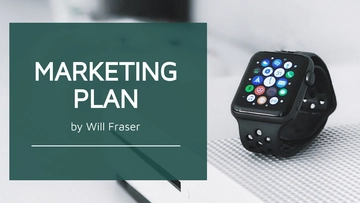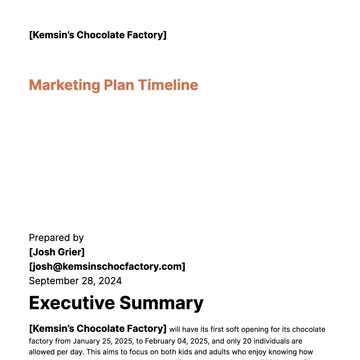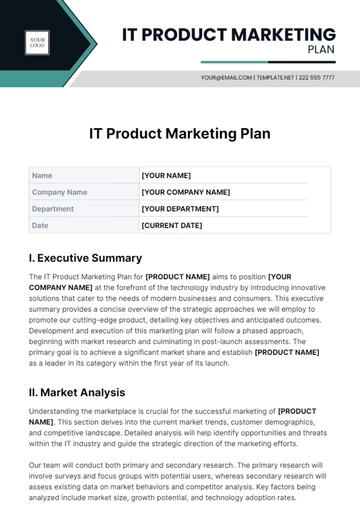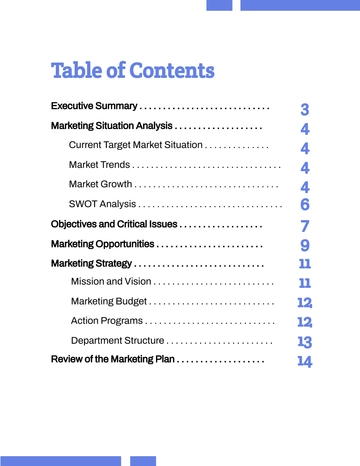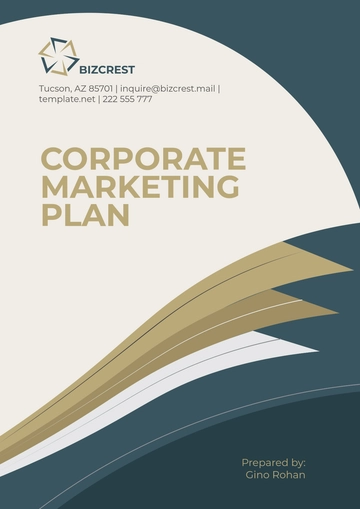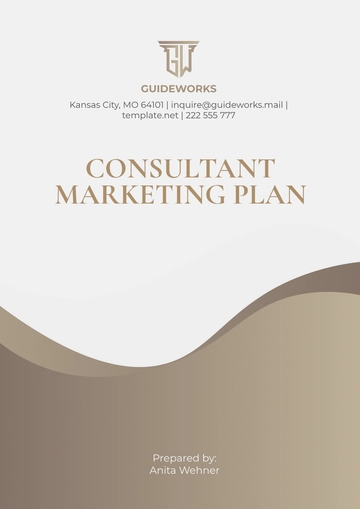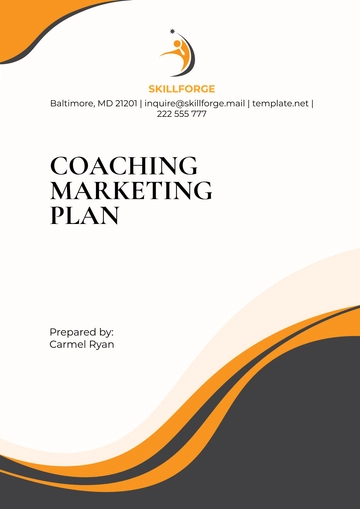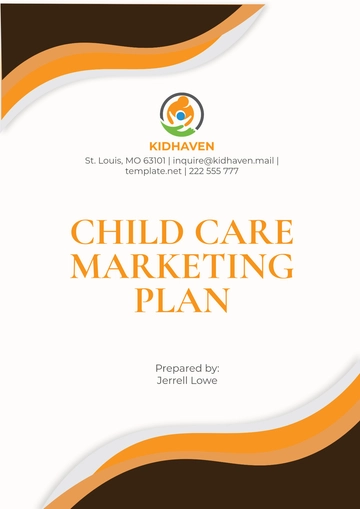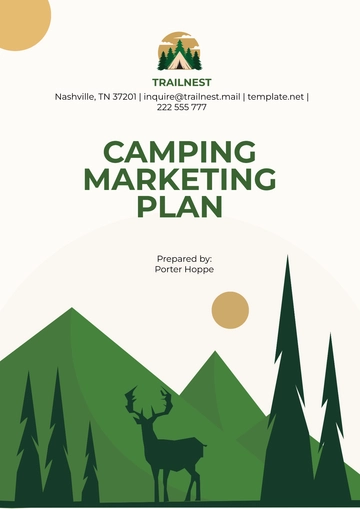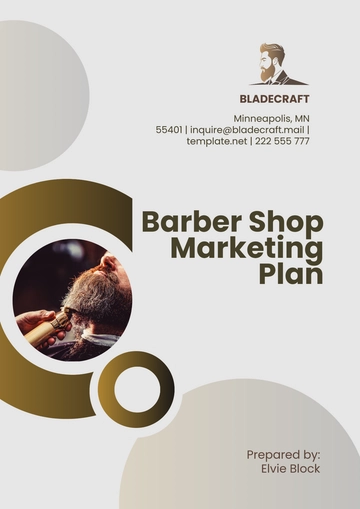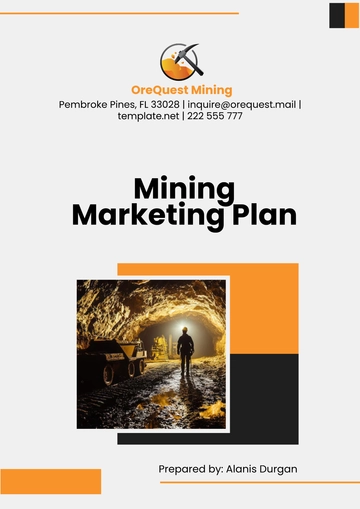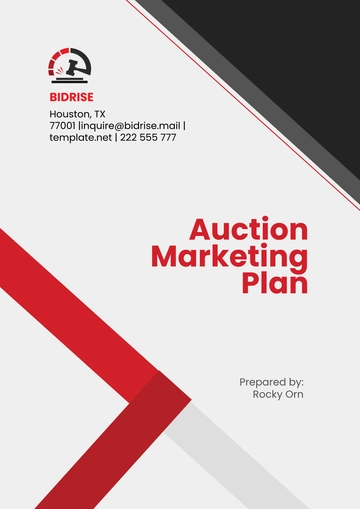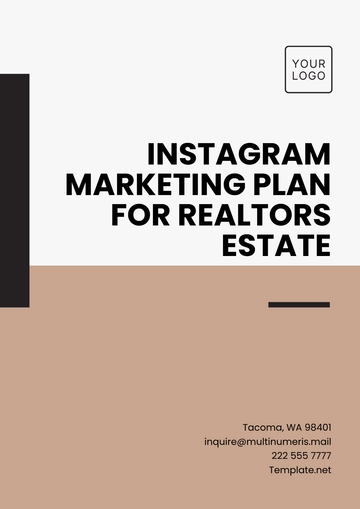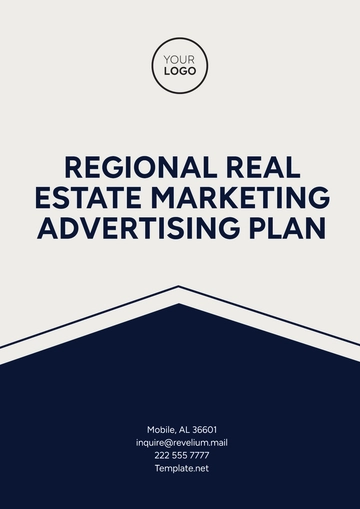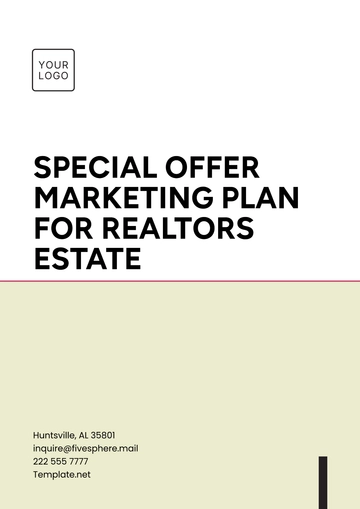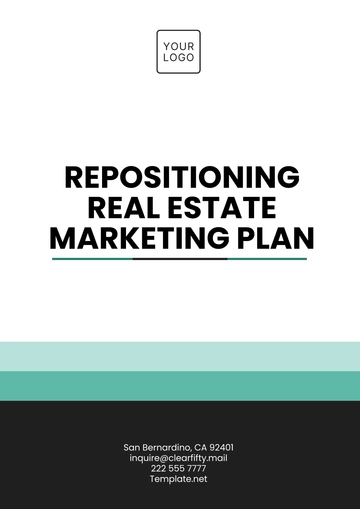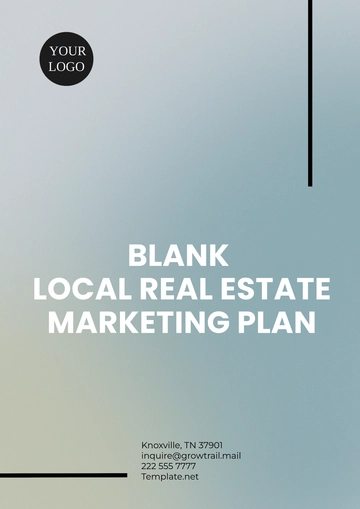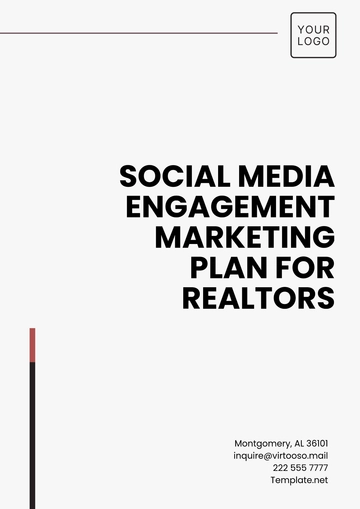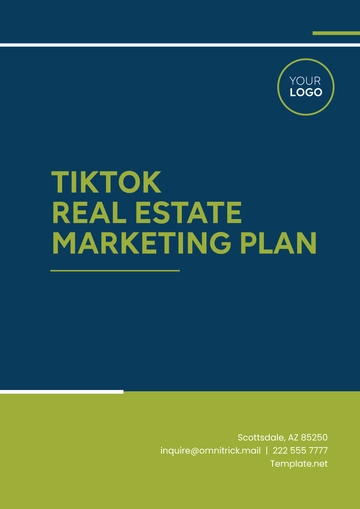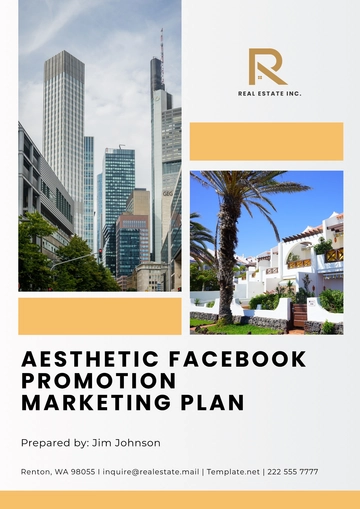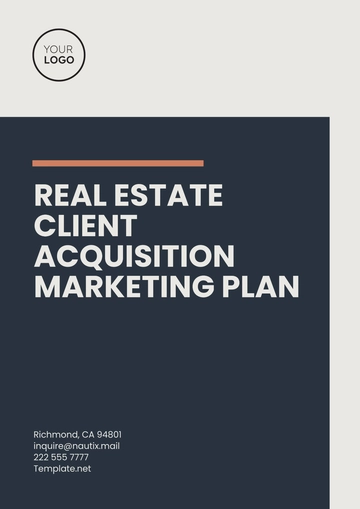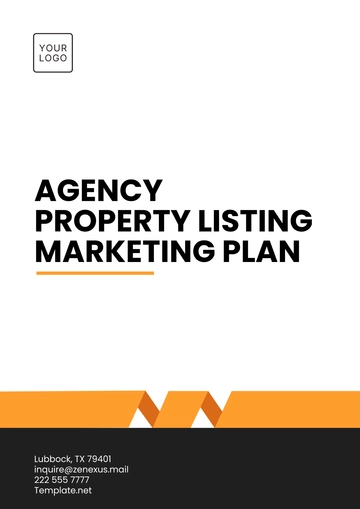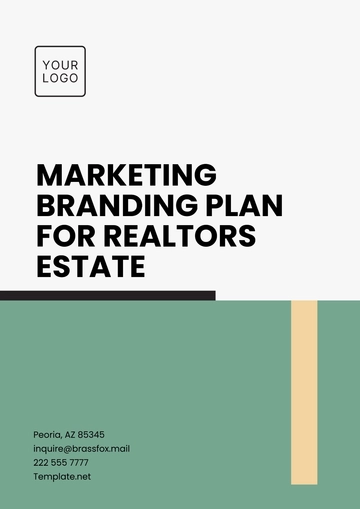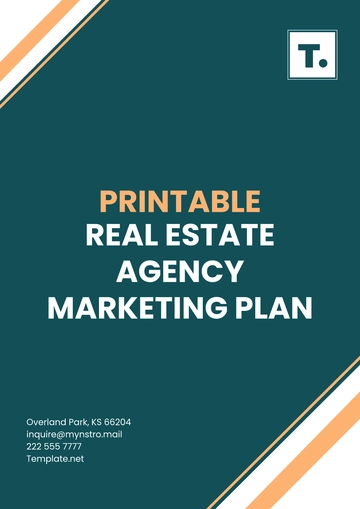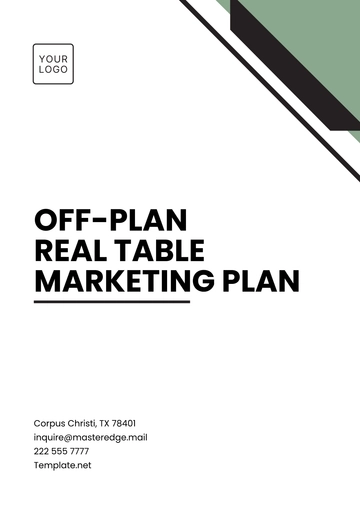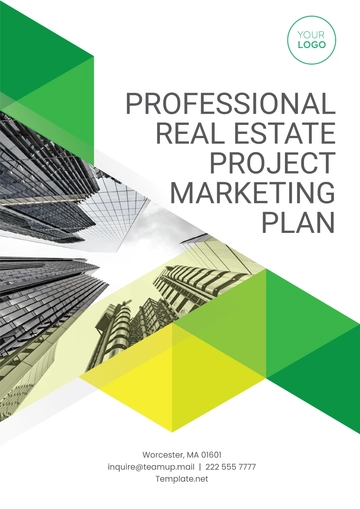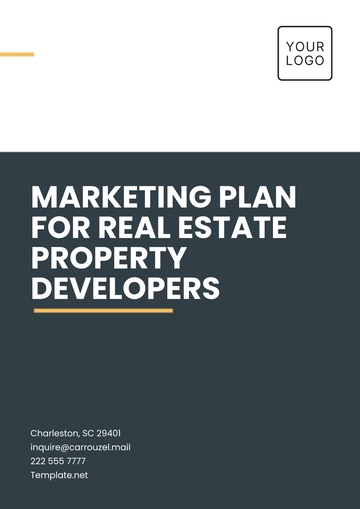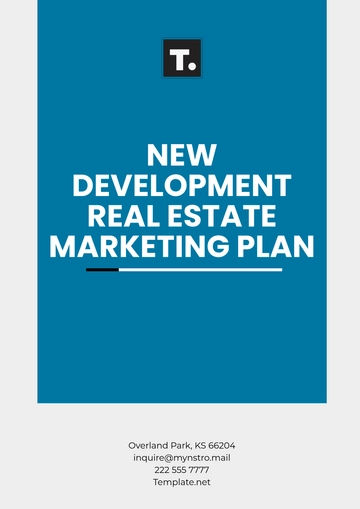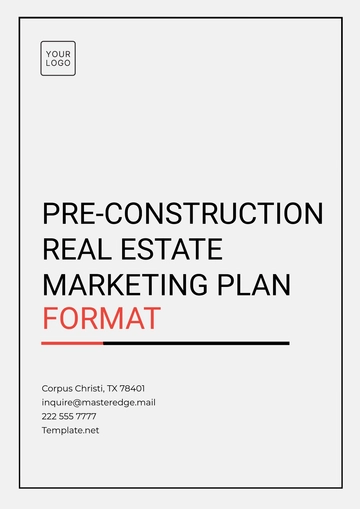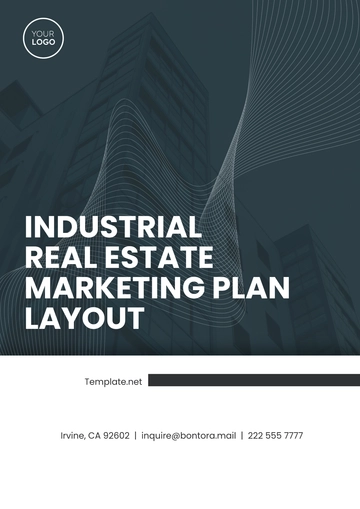Free Professional Real Estate Project Marketing Plan
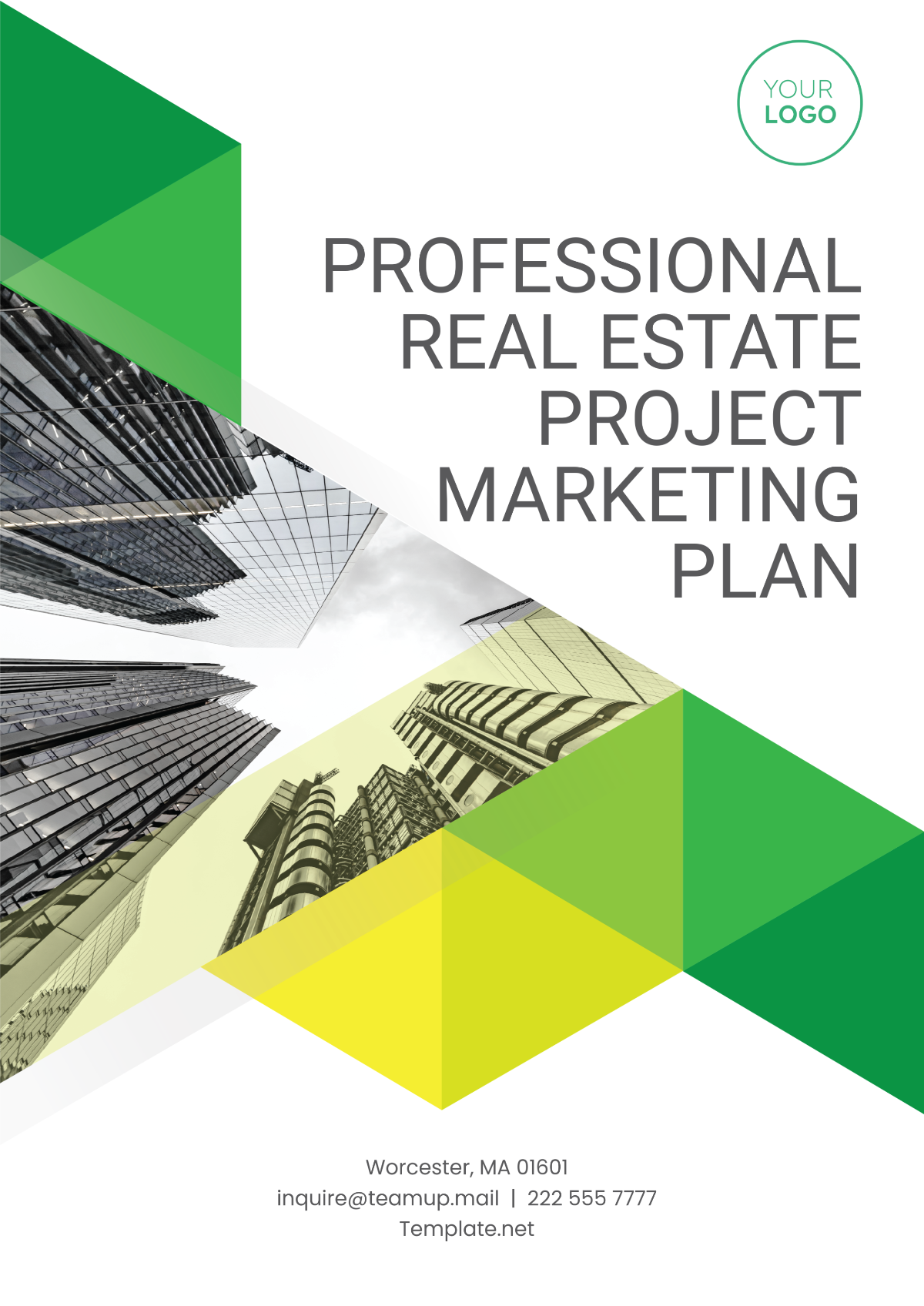
Prepared by:
[YOUR NAME]
[YOUR COMPANY NAME]
Executive Summary
This marketing plan outlines a strategic approach for promoting Green Horizons Residences, a modern real estate development located in the heart of Sunnyvale. Designed to blend luxury living with sustainable, eco-friendly features, Green Horizons offers prospective buyers a chance to experience the future of housing today. Our goal is to generate awareness among homebuyers and investors, establish a strong market presence, and convert leads into buyers and investors. The marketing plan will utilize a combination of digital, traditional, and experiential strategies to maximize outreach and engagement, ensuring the project's successful launch.
Market Analysis
Industry Overview
The real estate market is undergoing rapid transformation, with key trends such as sustainability, energy efficiency, and smart technology leading the way. Prospective buyers are prioritizing environmentally friendly features, such as solar panels, green spaces, and energy-efficient homes. As a result, positioning the development as an eco-friendly and technology-driven project aligns perfectly with these industry shifts. Moreover, the real estate market in the location is experiencing strong demand for high-quality, sustainable properties, creating an ideal environment for a successful launch.
Target Audience
Our marketing efforts will focus on the following segments:
Primary Audience: Homebuyers (Aged 30-50)
These individuals are likely to be professionals, young families, and people looking for modern living spaces that align with their values of sustainability and convenience. This group is expected to seek homes that balance modern comforts with eco-friendly solutions, making this development an ideal choice.
Secondary Audience: Real Estate Investors
Investors seeking properties with long-term value and high rental yields will be targeted through a strategy that emphasizes the financial benefits of eco-friendly properties. This audience will be drawn to the project's potential for appreciation, sustainable design, and innovative technologies.
Competitive Analysis
The competitive landscape in the location includes both established developments and newer entrants offering various pricing and design approaches. Here’s a snapshot of key competitors:
Competitor | Strengths | Weaknesses |
|---|---|---|
Competitor A | Strong brand recognition, prime location | Higher price point, limited green features |
Competitor B | Affordable pricing, large-scale units | Lack of high-tech features and modern design |
Competitor C | Innovative designs, smart home integration | Limited amenities, smaller units |
Positioning
The development will be positioned as a premium, sustainable residential community that blends eco-conscious living with modern comforts. Our messaging will focus on offering a high-end lifestyle while minimizing environmental impact, appealing to those who value both sustainability and luxury.
Marketing Strategy
Marketing Channels
To maximize reach and engagement, we will use a combination of both digital and traditional marketing channels.
Digital Marketing
SEO & PPC: Focus on optimizing the project website for search engines and running targeted Google Ads and social media ads to capture leads.
Social Media: Active presence on Instagram, Facebook, and LinkedIn, showcasing progress updates, virtual tours, and behind-the-scenes content to generate excitement and engage with potential buyers.
Email Marketing: Regularly send out newsletters and promotional emails to a segmented database of potential leads, keeping them informed about project milestones and new offers.
Content Marketing
Blogging: Publish regular blog posts about sustainable living, the benefits of eco-friendly homes, and updates on the project’s progress.
Virtual Tours & Webinars: Offer virtual property tours and live webinars to engage remote buyers and investors, providing detailed information about the project and answering their questions in real time.
Events & Community Engagement
Open Houses: Host exclusive open house events, giving potential buyers the chance to experience the property firsthand.
Investor Webinars: Organize webinars targeted at investors to highlight the financial benefits of investing in an eco-friendly development.
Traditional Marketing
Print Advertising: Place ads in local real estate magazines, newspapers, and high-traffic areas such as malls and business centers.
Direct Mail: Send targeted brochures and promotional materials to high-net-worth individuals and potential buyers in the region.
Sales Strategy
Our sales strategy will focus on creating personalized experiences for prospective buyers, both in-person and online:
Personalized Consultations: Sales staff will provide one-on-one consultations, helping clients explore their options and match them with the best units based on their needs.
Virtual Walkthroughs: Offer virtual tours to remote buyers, allowing them to explore the property from the comfort of their homes.
On-Site Experience: In-person visits will be encouraged with exclusive tours and VIP experiences, ensuring that prospects feel valued throughout the decision-making process.
Budget Allocation
To ensure the effective execution of our marketing strategies, we propose the following budget allocation:
Marketing Channel | Budget Allocation | Percentage |
|---|---|---|
Digital Marketing (SEO, PPC) | $120,000 | 45% |
Content Marketing (Blogging, Webinars) | $50,000 | 20% |
Events & Community Engagement | $40,000 | 15% |
Traditional Marketing (Print, Direct Mail) | $50,000 | 20% |
Performance Metrics
We will track the effectiveness of our marketing efforts through the following KPIs:
Lead Generation: Number of leads captured via the website, social media, and event registrations.
Conversion Rate: Percentage of leads that turn into buyers or investors.
Website Traffic: Volume of visits to the project’s website and engagement with key pages.
Social Media Engagement: Metrics such as likes, shares, and comments on social media posts to gauge audience interest and engagement.
Timeline
A detailed project timeline will help ensure the smooth execution of the marketing strategy, with specific milestones for each campaign:
Activity | Start Date | End Date | Responsible Team |
|---|---|---|---|
SEO & PPC Campaigns | January 15, 2050 | Ongoing | Digital Marketing |
Virtual Tours & Webinars | February 1, 2050 | March 31, 2050 | Content Marketing |
Open House & Model Tours | March 15, 2050 | April 15, 2050 | Sales Team |
Print Advertising Campaign | February 1, 2050 | April 30, 2050 | Marketing Team |
Investor Webinars | March 1, 2050 | March 31, 2050 | Sales/Marketing Team |
This timeline ensures a structured and strategic approach, setting clear dates to achieve key milestones for a successful marketing campaign.
Conclusion
The success of this development depends on a well-executed marketing plan that integrates the latest trends in digital marketing with time-tested traditional techniques. By focusing on our key target audiences and delivering engaging content and experiences, we are confident that we will generate strong interest and drive conversions. With a clear focus on sustainability and luxury, this development is set to become the premier choice for homebuyers and investors in the location.
- 100% Customizable, free editor
- Access 1 Million+ Templates, photo’s & graphics
- Download or share as a template
- Click and replace photos, graphics, text, backgrounds
- Resize, crop, AI write & more
- Access advanced editor
The Professional Real Estate Project Marketing Plan Template from Template.net is an editable and customizable solution designed to streamline your project marketing. Tailor the plan to your specific needs using our Ai Editor Tool. This professional template helps you create a strategic, effective marketing plan to promote your real estate projects and attract buyers.
